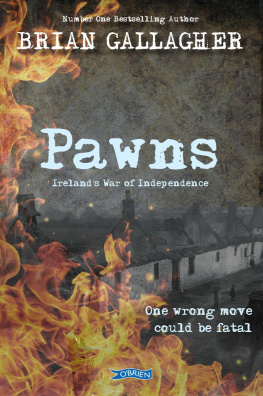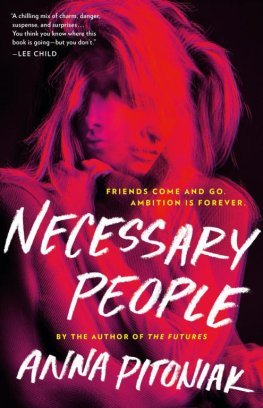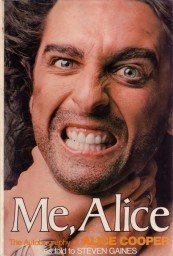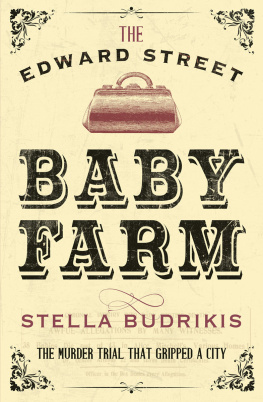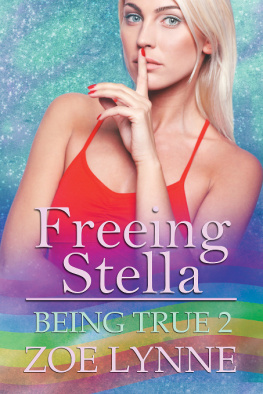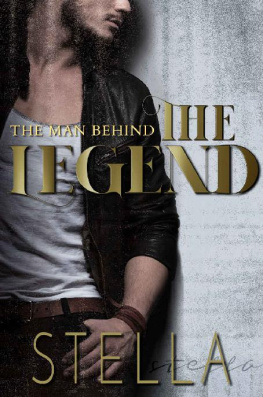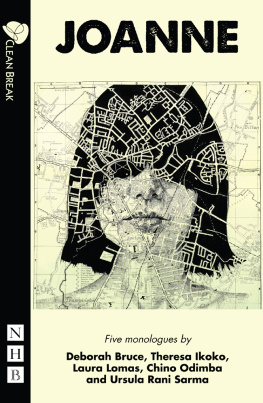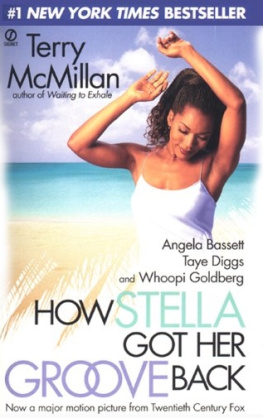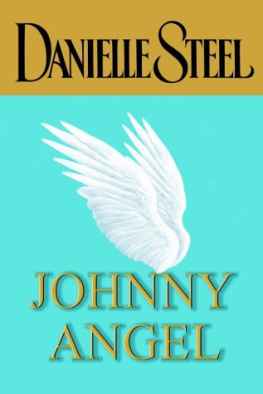My sincere thanks to Michael OBrien for supporting the idea of a novel dealing with the War of Independence and the Sack of Balbriggan, to my editor, Helen Carr, for her excellent advice and editing, to publicists Ruth Heneghan and Geraldine Feehily for all their efforts on my behalf, to Emma Byrne for her superb work on cover design, and to everyone at The OBrien Press, with whom, as ever, its a pleasure to work.
My thanks also go to Hugh McCusker for his painstaking proof-reading, and Im grateful to Denis Courtney for his support, and to Sara Hangan, Emanuelle Landais, Paul Flanagan, and Conor Browne, four young readers who shared with me their views of an early draft of the story.
My sincere thanks go to Fingal Arts Office for their bursary support.
During research in Balbriggan Library I was extended every courtesy and assistance by Assumpta Hickey and Colm Timmons, and my thanks also go to Susan Lovatt of Fingal Libraries and to Liz Eastwood in Balbriggan Chamber of Commerce.
The expertise of all of the above was freely shared with me, but any errors, or opinions expressed, are mine and mine alone.
And finally, no amount of thanks could express my gratitude for the constant support and encouragement of my family, Miriam, Orla and Peter.
Sept 20th 1920
Bridge Sreet, Balbriggan, North County Dublin
J ohnny Dunne tried to dampen his fear. Law and order had broken down tonight, and buildings were blazing all over town. What made it a true nightmare was that the people in charge the police were the ones setting the fires and running amok.
Johnnys heart pounded and his throat stung from the foul-smelling smoke. He stood uncertainly on the pavement. He wanted to go forward, but was kept back by the heat from a burning public house just across the roadway. The fire roared as it consumed the building, the flames dancing crazily against the dark backdrop of the evening sky.
For the last two years a battle for independence had been fought by the Irish Republican Army with the forces of the British Crown. Earlier in the day two police officers had been killed in Balbriggan, and now policemen in lorries had descended on the town to avenge the death of their colleagues. The nearby base at Gormanston was the headquarters of the dreaded Black and Tans, a mercenary police force sent to Ireland to support the local constabulary. The Black and Tans had a reputation for brutality, and drunken Tans had been known to burn buildings, loot premises, and shoot people without hesitation.
Johnny knew that the smart thing would be to flee the town until the Black and Tans had satisfied their need for vengeance. But who could tell how much of Balbriggan would be left standing by then? And fleeing would mean turning his back on his friends. Johnny didnt see himself as a hero, but he hated the idea of being a coward, and he wouldnt run away.
Besides, if he fled now he wouldnt know whether or not the local band hall had survived the inferno. If it was burnt down it would be a disaster for Johnny. Normally the band members brought their instruments home after rehearsals, but last week he had left his precious clarinet in the storage cupboard. It needed a minor repair, and Mr Tardelli, the band leader, had promised to have it fixed for him.
The clarinet was the only thing of value that Johnny owned, and he couldnt bear to lose it. On turning thirteen last year, he had left St Marys Orphanage to work in Balbriggans Mill Hotel. The brother in charge of the orphanage band had allowed him to take the clarinet as a parting gift one of the few kindnesses Johnny had been shown in the orphanage and he treasured the instrument.
Each Friday night he made music in the band hall with his friends Alice and Stella, and it was the only time of the week when Johnny felt the equal of everyone else. If he lost the clarinet now it would take years to save for a replacement on his meagre wages. No, he decided, he simply had to get to the band room and retrieve the instrument.
He turned his back on Clonard Street where thatched cottages were blazing fiercely. Their roofs had been doused in petrol by the Tans, and terrified families were abandoning their homes and escaping westwards towards the fields of Clonard, the rise that overlooked the town. Johnnys instinct was to join them, but he forced himself to go in the opposite direction. He started up Bridge Street, raising his hands to shield his face from the heat of the burning buildings. Crossing the road, he was about to turn into Georges Hill when his way was suddenly blocked by a Tan. The man pointed a Webley revolver at Johnnys chest.
Where do you think youre going? he demanded.
ImIm trying to get home. Johnny thought it was a better answer than saying he was trying to salvage a clarinet.
What the Hell are you doing out at this hour?
Johnny felt like saying that if the Tans werent wrecking Balbriggan hed be asleep in bed. Instead he stayed calm and held the mans gaze.
Always look a questioner in the eye. Mr OShea had drilled it into him when training him in spying techniques. Dont stare someone out of it, but dont drop your gaze. And keep your voice sounding relaxed and confident - like youre totally innocent.
I was staying in my friends house. But houses near his are on fire, so I wanted to go home.
Johnny wasnt sure if the man believed him. Other Tans might be drunk, but this man seemed sober and alert.
Why isnt your friend with you?
He went to stay with his aunt.
But the aunt didnt take you in?
I didnt go to the aunts. I said Id rather go home.
The man still had the gun aimed threateningly. Johnny was tempted to try harder to convince him, but he forced himself to follow Mr OSheas advice. Dont blabber when youre being questioned. Dont refuse to answer, but dont seem too eager to please.
You came from Clonard Street, didnt you?
Yes.
Full of Shinners up there, said the Tan challengingly. Thats why we torched it. You a little Shinner too?
If only you knew the half of it! thought Johnny. Instead he shook his head. No, Im not.
Thats what all the Shinners say - when were around. Not so cocky then.
Johnny had been trained by Mr OShea to stay as close to the truth as possible. But sometimes a really big lie did the trick, according to Mr O, who had spied for years beneath the noses of the British.
Time for the big lie. Im actually for King and Country, said Johnny. My dad fought in the Great War.
Yeah? The Tan didnt lower the Webley, but he seemed a little less aggressive.

